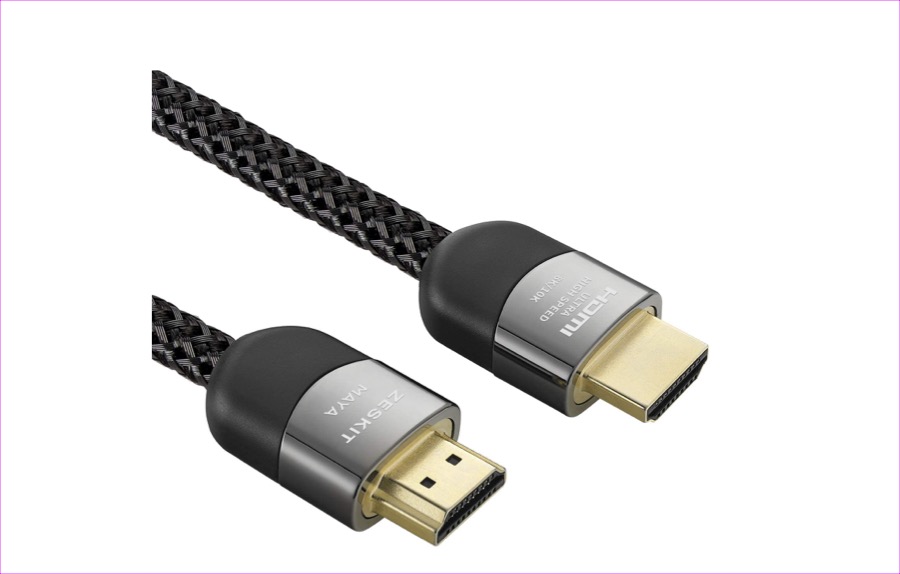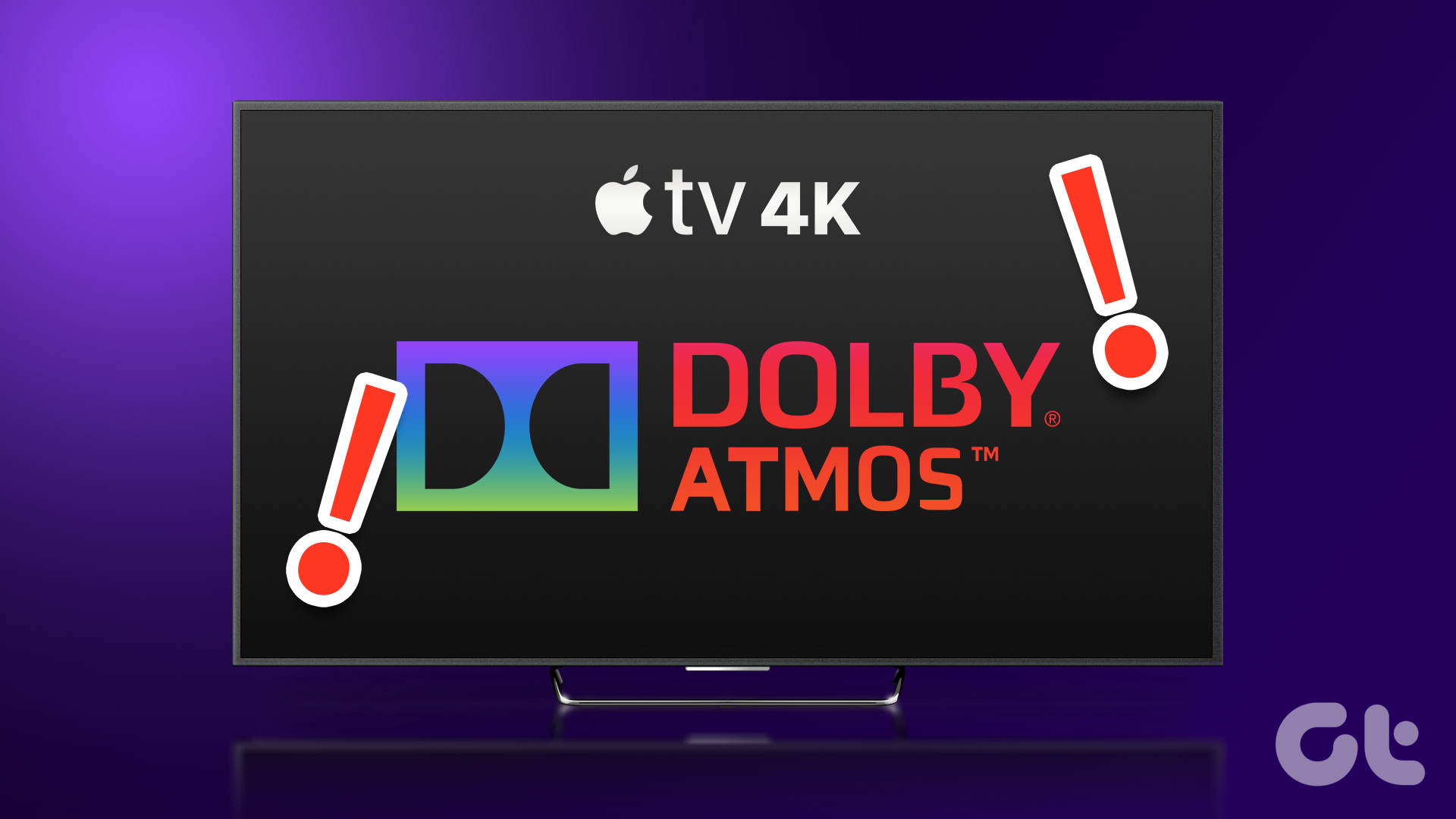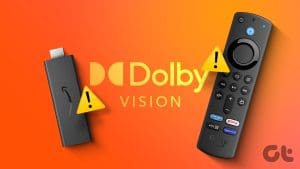These audio formats strive to deliver a closer-to-life and detailed audio reproduction for home cinema.
But at the end of the day, how do you distinguish between these two audio formats?
Is DTS HD Master Audio better than the slightly older Dolby TrueHD?

HDMI cable capable of eARC
Or, are the differences too negligible to be noticeable?
Since, its going to be a long one, lets get started, shall we?
Note that the audio quality that reaches your ear doesnt just depend on the audio formats.

The quality of your speakers and the connection used also plays a major part.
These audio formats are developed by different companies Dolby created TrueHD and DTS created Master Audio.
Imagine the audio formats as packaged files.

Once done, they will pass down to the connected speakers.
For the record, neither Dolby TrueHD nor DTS HD Master Audio can pass through digital optical cables.
So, how does this encoded Dolby TrueHD audio pass?

It can either pass via compatible HDMI cable or 5.1 or 7.1 analog cables.
As we mentioned above, digital optical cables dont support Dolby TrueHD audio.
However, do note that not all Blu-Ray rig supports the full 7.1-channel distribution.

And even if the receiver doesnt support the 7.1 channels, the audio will downmix automatically.
The main difference is in the form of the transfer speed.
The sampling frequency is 96 kHz/24 bits.

Similar to its competitor, it supports both 8 channels and 6 channels audio track.
Again, decoding DTS signals depend on the players ability.
If its a simple soundbar, the receiver will decode the signal and pass it on to the speakers.

Well, the answer is not that simple.
However, this difference is not significant when it comes to the human ear.
Both are lossless audio formats.

The main difference ultimately drills down to human perception.
Since DTS has a higher encoding rate, some believe that it delivers a better quality.
The good thing is that almost all premium soundbars support DTS and Dolby.

In fact, now the DTS:X format is more common than HD Master Audio.
If you like the rich and warm audio of Dolby TrueHD, then you know what to do.
Was this helpful?

The content remains unbiased and authentic and will never affect our editorial integrity.


